‘Traffic’ is a crime drama film involving three different but interconnected storylines in Mexico City, Ohio, and San Diego. The film follows the efforts of law enforcement officers and government officials in each place – specifically, officers Javier Rodriguez and Manolo Sanchez, Head of the President’s Office of National Drug Control Policy, Robert Wakefield, and DEA Agents Montel Gordon and Ray Castro – as they try and shut down drug trafficking and help those who have fallen victim to drug abuse.
The 2000 film is directed by Steven Soderbergh, and stars an international ensemble cast comprising Don Cheadle, Benicio del Toro, Michael Douglas, Erika Christensen, Luis Guzmán, Dennis Quaid, Catherine Zeta-Jones, Jacob Vargas, Tomas Milian, Topher Grace, James Brolin, Steven Bauer, and Benjamin Bratt. But is there any truth to such a sprawling story? Let’s find out!
Traffic: Adapted from 1984’s British Series
No, ‘Traffic’ is not a true story. Written by Stephen Gaghan, the film is an adaptation of the 1984 British television series, ‘Traffik,’ created by Simon Moore. In line with maintaining its realism, ‘Traffic’ is both in Spanish and English. It begins in Spanish, in Mexico, and depicts the struggle between honest policemen and the drug cartels. It also shows the rampant corruption that negates any and all headway made by the law in their limited capacity because the ones running the cartel’s business are those who are in positions of power within the government itself.
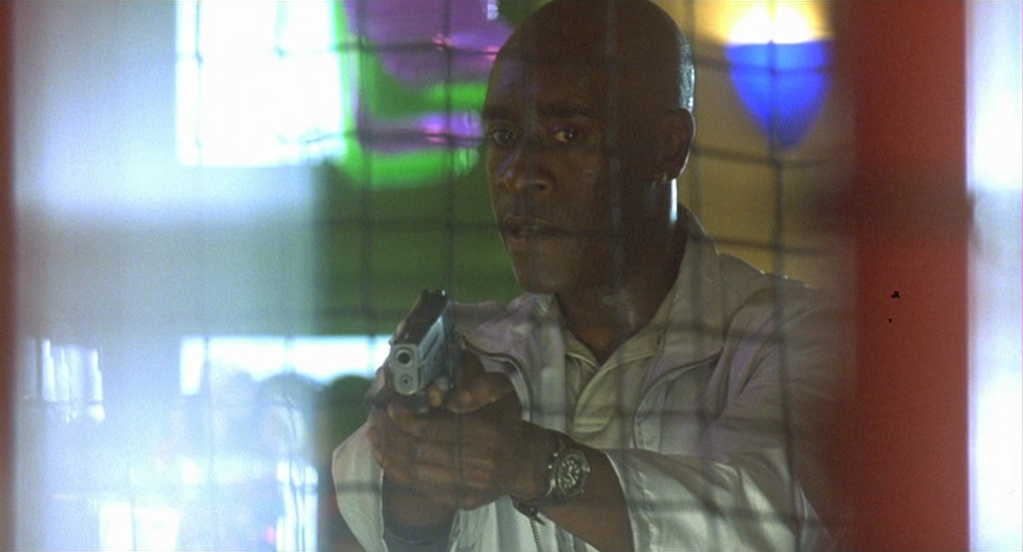
Similarly, in the US, while honest and sincere people wish to eradicate the drug problem, an inefficient system and unnecessary red-tapism get in their way. Their futility at not being able to do anything is made even more desperate because the problem exists right in front of them. When asked what made him work on this film as a director, Steven Soderbergh said that he had thought that a film on drugs could be interesting. “I think like a lot of people have known – friends who’ve had a problem with drugs and also I was interested in-in how they [the people] got put through the system,” he said.
“And so I was interested in how the system got designed, and I was also interested in how since a lot of these drugs don’t originate in the United States; how they were getting in to the United States and getting to, in this case, a street corner in Cincinnati, Ohio,” the director further clarified. ‘Traffic’ is captured almost in the form of a documentary, with Soderbergh himself acting as a cinematographer under the pseudonym Peter Andrews. This documentary-like effect was achieved through the use of handheld cameras that followed the actors, as well as the fact that most of the film was shot in natural light.
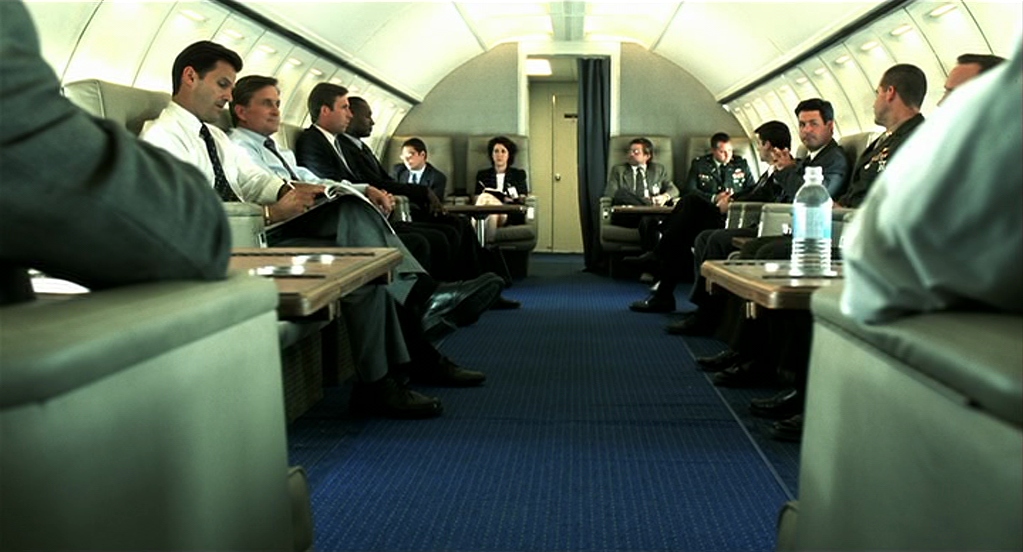
Speaking about his experience and methodology while handling the camera on set in an interview with DGA Monthly, Soderbergh said, “I watched a lot of Ken Loach stuff because his movies have that real vérité aesthetic and you believe it. I looked at how he would frame, how far away he would be, what the length of the lens was, how tight the eyelines would be, depending on where the characters were. I noticed that there’s a space that’s inviolate, that if you get within something, you cross the edge into a more theatrical aesthetic as opposed to a documentary aesthetic.”
This personal approach by Soderbergh wasn’t limited to the cinematography only but also extended to the casting process as well. It helped the director build a rapport with each of the cast members and in some cases, improved upon the characterization in ‘Traffic.’ One of these improvements was made to Helena Ayala, who is portrayed by Catherine Zeta-Jones in the film. Helena is the wife of Carlos Ayala (Steven Bauer), a notorious drug lord in charge of smuggling drugs into the United States.
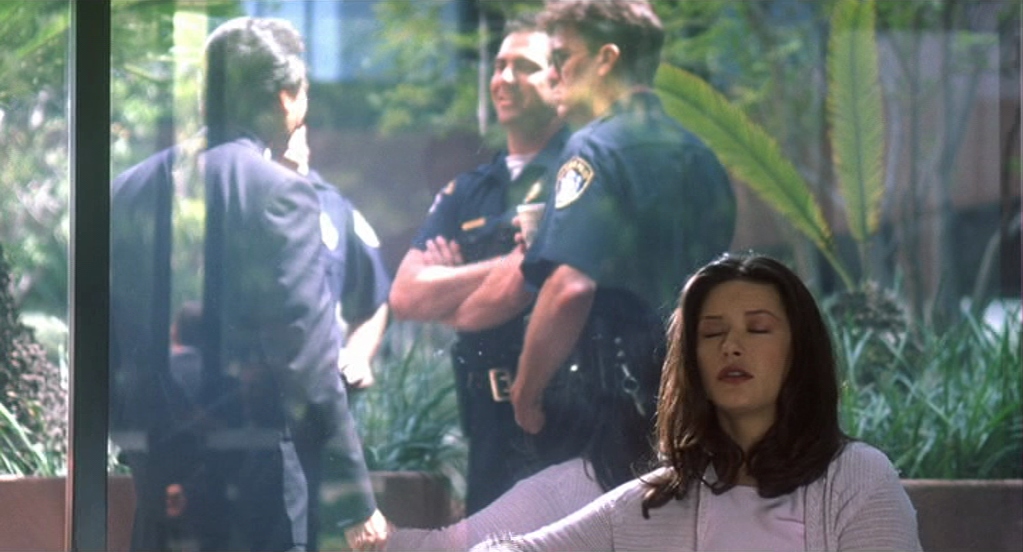
“I actually knew that I was pregnant when I read the script, when Steven offered me the role…,” said Catherine Zeta-Jones in an interview with ScreenSlam. When Zeta-Jones informed Soderbergh of her pregnancy and told him that she would be five or six months pregnant when ‘Traffic’ was meant to start shooting, the actress was afraid that she might end up losing the role. This was mainly because the script at the time did not call for a pregnant Helena Ayala as she is in the film.
However, Zeta-Jones’ fears were unfounded. “…he got back to me and-and said ‘I think it would be great for the character; it would add a strong dimension to her. It would make a lot of sense of why she does what she does in the script’ and I said ‘Great, well, let’s start!’ and here we are,” the actress continued. ‘Traffic’ also shines a light on how the consumer base, or rather the drug abuse, in the country and the rest of the world has grown younger in age over the years.
Nevertheless, the story of ‘Traffic’ isn’t an indictment of this younger generation of drug users; instead, the film shows the cause for it – which is mainly the stressful and fast paced lives these people lead from a very early age that leaves no room for rest and recuperation. So, they find solace in other sources, which can become addictive and dangerous if not handled with care. Remarking on the same, Topher Grace said, “The real irony is that, you know, it’s good, smart kids like Seth and Caroline that are the real [drug] users and have the real problem.”
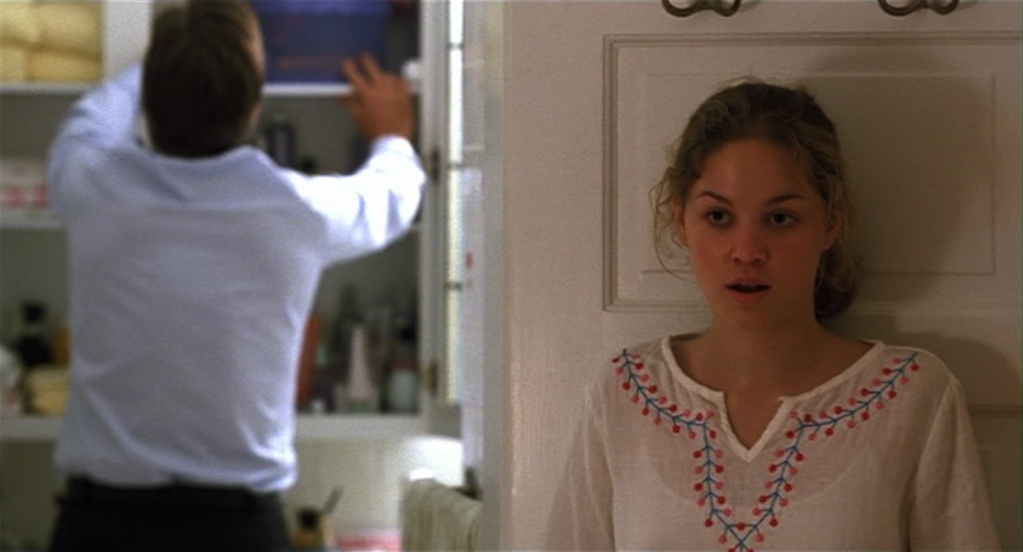
Topher portrays Seth Abrahms in ‘Traffic,’ who is a high school student that has started consuming drugs to keep up with the pressure of his education and getting into a good university after school. Though a fictional story, ‘Traffic’ paints a grim but accurate picture of the drug problem faced by the United States. It showcases everything that is enabling the said problem.
The film also touches upon the subject of racial prejudice that turns people from minority communities into drug peddlers because that’s what people expect them to do, thus taking away any opportunity for them to grow out of that image. A compelling narrative, ‘Traffic’ does not have an ending in the traditional sense. The film is about the “war on drugs” in the world, and therefore has an open-ended conclusion because the war continues still.
Read More: Best Movies About Drugs on Netflix

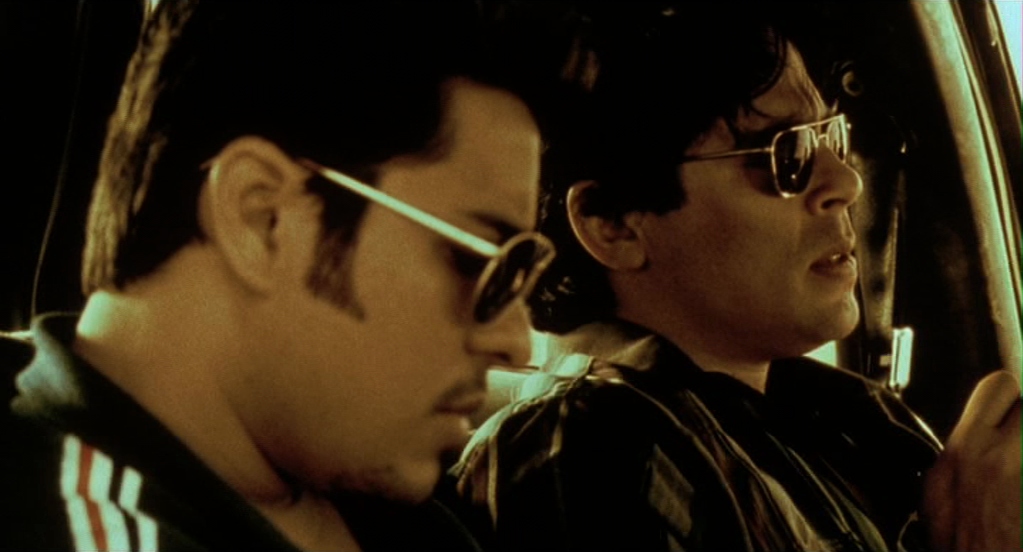
You must be logged in to post a comment.